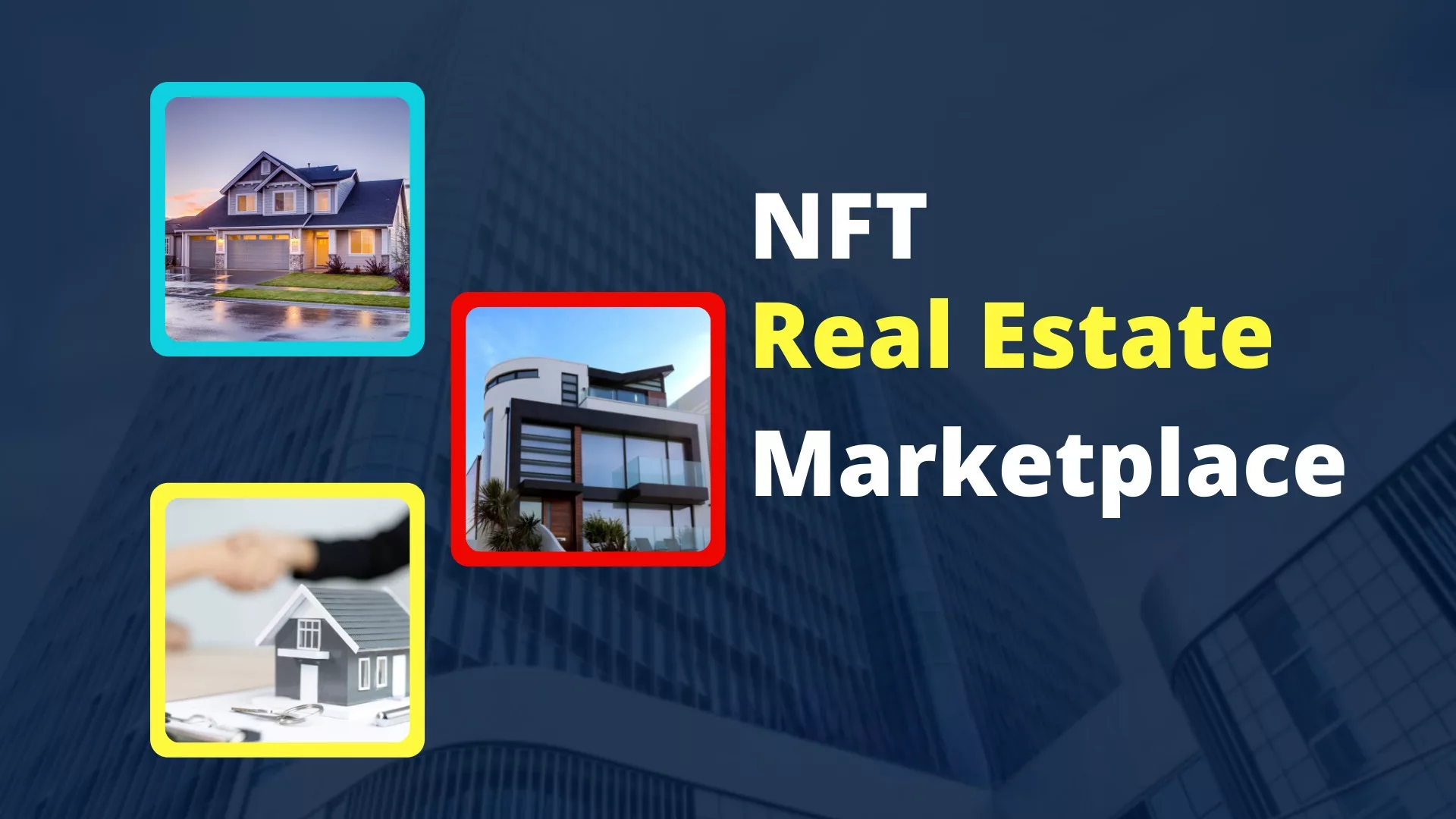We’ve seen plenty of discussion promoting real estate NFTs, but we’ve also seen uncertainty. Perhaps the stamp of approval from the HM (Her Majesty’s) Land registry will finally put these concerns to rest.
It’s understandable to have concerns, especially as real estate NFTs are not only a new concept but a seemingly radical one. However, that doesn’t mean we should give up on the idea. Fortunately, the HM Land Registry, in the UK, launched a pilot project in 2019 testing the use of blockchain technology in the purchase of real estate – and it was successful. With notable government departments beginning to catch on to the idea, it’s safe to say the general public will soon follow.

The Backstory
Firstly, let’s cover why exactly Her Majesty’s Land Registry (HMLR) decided to investigate the use of blockchain technology in the real estate market.
In HMLR’s own words, “our ambition at HM Land Registry is to become the world’s leading land registry for speed, simplicity and an open approach to data.” They strive to make buying and selling property easier, faster and cheaper. Naturally, this leads them to the latest online craze – the blockchain and NFTs.
HMLR decided to launch a pilot project in 2019 where they built a prototype that would enable digital transfer of a property that automatically updates the Land Register. They worked with lead conveyancing firms MyHomeMove and Mishcon de Reya, digital identity provider Yoti, payment intermediary Shieldpay, and HM Revenue & Customs to build an end-to-end proof of concept. They also produced a simple mobile interface for the seller and buyer in order to digitalise traditional actions such as signing agreements and verifying identities. Then all they needed to do was test the prototype using a real life transaction.

(Photo: HM Land Registry)
The Project
In the beginning of April 2019, the HM Land Registry tested their prototype on the sale of a refurbished house. When the house was originally sold, the process took 22 weeks – far longer than the expected 6 weeks. The aim of the trial was to see if blockchain technology could significantly reduce how long it took to sell the house.
The team got together and completed the necessary actions (such as drafting the sale agreement). The application then automatically alerted the next party it was their turn to act. The whole process using blockchain technology, end to end, took less than 10 minutes.
By using blockchain technology, each party could see the current transaction as well as any further actions that would need to be taken before the transaction was complete. They could also see any historical actions that had been taken. Since the records of the transaction were definitive and permanent, there was no confusion on who needed to act next.
The use of smart contracts allowed the transaction to be automatic, including the transfer of funds and ownership. They even automatically updated the Land Register, sealing the deal.

(Photo: SlideTeam)
The Outcome
The pilot project proved to be a success, the house was sold in under 10 minutes and the entire process was simplified, quicker, and cheaper.
The HM Land Registry currently safeguards property rights in England and Wales and is overseeing more than £4 trillion ($5.2 trillion) in real estate (Ledger Insights, 2019). With such extensive experience and expertise in the UK real estate market, it’s safe to say they know what they’re talking about…
In the HM Land Registry’s own words:
It’s now confirmed that using blockchain technology, for example in the form of NFTs, in the real estate market is not only safe but beneficial too.
Disclaimer: All investments, including real estate investments, carry inherent risks such as asset depreciation, financial losses, and legal ramifications. The information in this blog is solely for educational, informational, and reference purposes. Before making legal or financial commitments, speak with a licenced real estate or financial professional.
